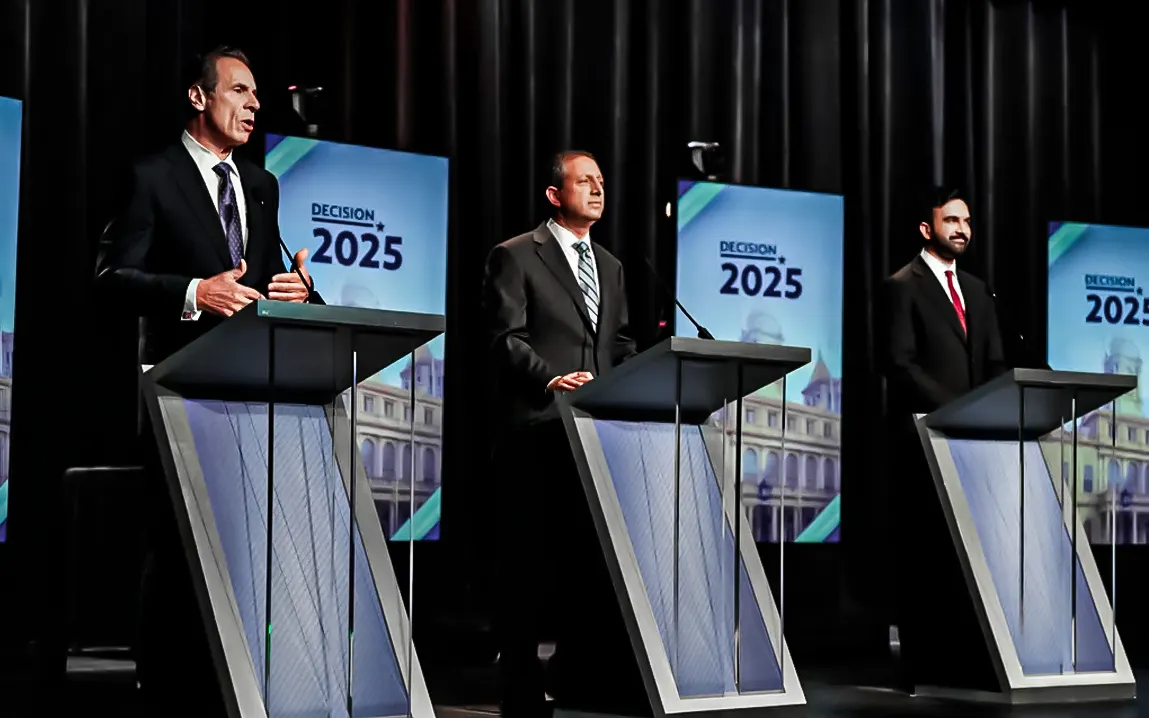France could face a major financial crunch by 2027 as rising debt and unchecked public spending put its social welfare system at risk, auditors warn.
The country’s much-loved social welfare programs, which include pensions, healthcare, and unemployment support-could soon become too expensive to maintain. A recent report from the French Court of Auditors has painted a troubling picture: if current trends continue, France may run out of available funds by 2027, making it difficult to cover the costs of its social commitments.
Soaring Deficits Raise the Red Flag
The warning isn’t just a technical number crunch. It’s about real people who depend on these programs every day. The report reveals that the national social security system recorded a deficit of €15.3 billion in 2024. And it’s only expected to get worse; auditors predict the shortfall will hit €22.1 billion in 2025. They also caution that these estimates are based on overly hopeful projections about the country’s growth and ability to save.
Pierre Moscovici, the head of the Court of Auditors, didn’t sugarcoat it: “We need to take back control. Over the past years, especially in 2023 and 2024, we have lost control of our public finances.”
France’s Growing Debt Problem
The underlying issue is France’s public debt, which has ballooned to more than €3.2 trillion, around 112% of its total economic output. That’s almost double the limit set by the European Union. What’s worse, a growing chunk of the national budget is now being used just to pay interest on this debt. In 2023 alone, 12% of all government spending went toward interest payments.
This massive debt load has caught the attention of international financial institutions as well. The International Monetary Fund (IMF) recently urged France to come up with a strong and believable plan to bring down its budget deficit. If things stay on the same track, the IMF believes France’s annual deficit will remain stuck at about 6% of GDP for years to come.
Government’s Austerity Plan Faces Resistance
To deal with the situation, Prime Minister Michel Barnier has proposed a tough new budget for 2025. It’s designed to bring the deficit down to 5% of GDP and includes several hard-hitting measures. These include special taxes on big corporations and wealthy individuals, a freeze on pension increases, higher contributions to social security, a new tax on stock buybacks, and even cuts to public sector jobs, including those in education.
But these moves haven’t gone down well with everyone. Critics say the budget puts too much pressure on regular working families while letting the root problems go unaddressed. Labor unions and opposition parties are pushing back, arguing that these steps could lead to job losses and widen inequality. And with political divisions already deep, it may not be easy for the government to get these reforms passed.
A Fragile Plan Built on Hope
The Court of Auditors has also raised concerns that the government’s plan is built on shaky foundations. It relies heavily on high hopes for economic growth and record levels of savings, neither of which is guaranteed.
A Nation at a Turning Point
Looking further ahead, the auditors have sounded a fresh alarm about France’s pension system. If no new policies are introduced, that system alone could be running a €15 billion deficit by 2035.
France is proud of its social model, a safety net that supports millions of its citizens. But keeping it alive will now require strong political will, tough choices, and honest conversations. If those don’t happen soon, the next few years could bring difficult questions about what the country can still afford.



